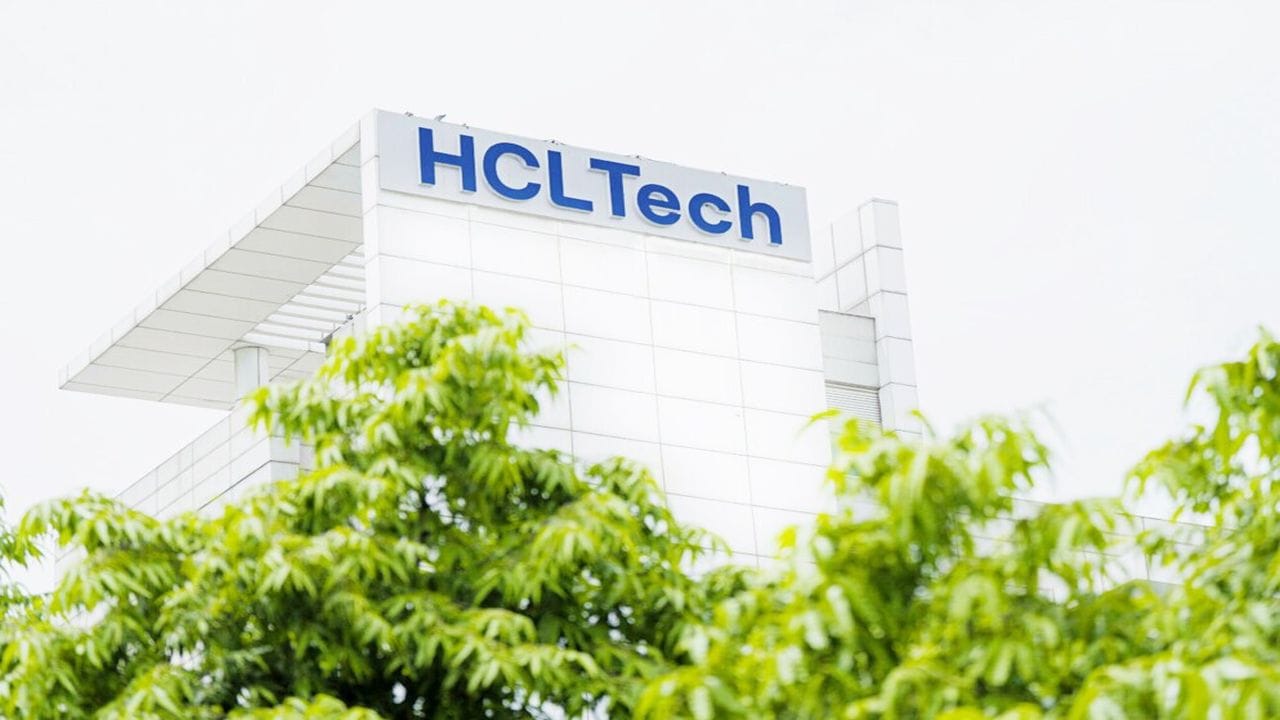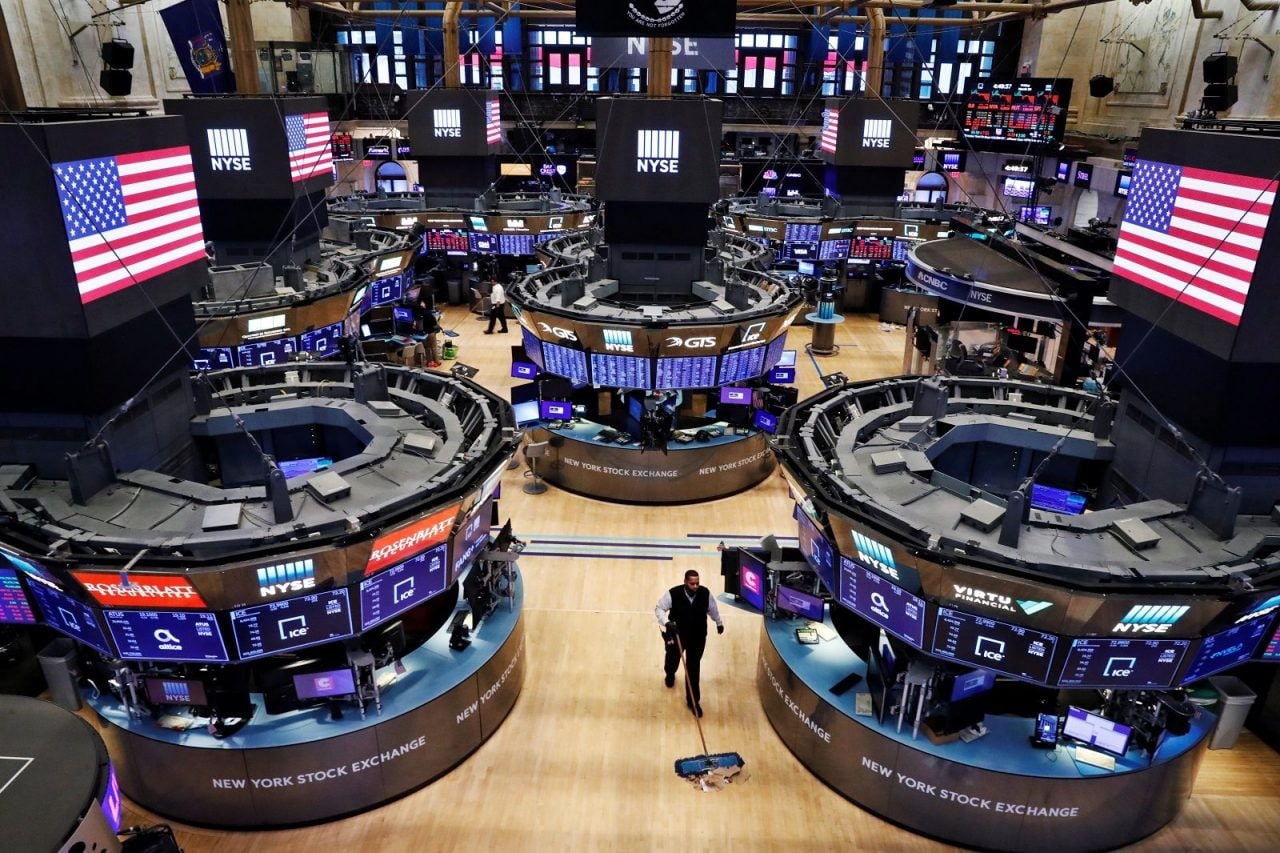Dilip Piramal, Chairman of VIP Industries, says waiting too long to sell his stake in the company turned out to be a costly mistake.
“Two years ago, the share price was ₹700, market cap was ₹10,000 crore, and we got an offer for that price. But my management at that time felt that in six months or in one year, the share price will go up by 50%... unfortunately, that hasn’t happened,” he said.
The 32% stake will be acquired for ₹1,763 crore, valuing the shares at ₹388 apiece — a 15% discount to VIP Industries’ closing price on Friday, July 11.
Piramal has now sold a 32% stake in VIP to private equity player Multiples and Mithun and Siddhartha Sancheti, ending a 52-year run at the helm.
He said the decision was driven not just by valuation concerns but also because the next generation had no interest in running the business, and recent management failed to deliver.
Also Read: VIP shares fall after promoter stake sale, open offer price at 15% discount
He believes the company will benefit from new ownership with a sharper focus on performance. “The only aim of the private equity is to increase value... they are experts in that.”
While Piramal will retain a 20% stake for now, he won’t remain on the board and says the new promoters are fully in charge. He has the right to appoint one director and plans to name his wife to the position. As per the agreement, he will bring his holding below 10% after five years and give up promoter status.
Despite recent setbacks, Piramal said the company remains structurally strong. VIP is one of the largest luggage manufacturers globally, with significant capacity in Bangladesh for soft luggage, although the market has shifted more towards hard shell suitcases in recent years.
He also pointed to long-term opportunities in global markets, which remain largely untapped. “We have terrific opportunities in the international market, and we have to explore that. But in the last five years, when I’m struggling in my domestic market, I cannot talk about international market first — let me douse the fires at home.”
These are edited excerpts of the interview.
Q: The first obvious question you've been alluding your interest to sell stake in the company in the past many years. The obvious question is, why now? And secondly, why the multiples? What were the factors that went in for you to choose a particular partner?
A. It has been 53 years since I acquired VIP in 1973. And ever since its existence, VIP has been the market leader in the luggage industry in India, and it is the only country in the entire world where Samsonite is the only multinational company in the luggage space, and it operates in 130 countries, and it is a market leader in all the countries where the number two is not even 10% of Samsonite sales. India is the only country in the world where Samsonite is not a market leader even today. So we've continued our market leadership.
But in the last five years, we have not been doing well. We've had a management crisis in the last 2-3 years, and our market shares are going down, and the younger generation is not interested in in the management. So what do I do? There is a theory of Peter Drucker, who used to be the father of scientific management, modern management in the 50s, the present generation nowadays, nobody talks about him, but he was the sort of Master of management and the original mentor. He had a very good theory that by the fourth generation of family businesses, they either degenerate or they lose interest. And that happens very often. Of course, in India, there are some exceptions where even the seventh generation is doing well. So there was an absolute need, in my case, to have a change of ownership and management.
Q: But in the past you've dabbled with professional CEOs. What does Multiples bring in?
A. Let me talk a little bit about the change of management. In India so many family managed companies still continue to have the ownership, like very eminent companies, like especially in the consumer business like Pidilite, Marico, Dabur, they all are still family owned, but they have complete professional management. What happened in my case is that I've always had a professional managing director, since 1984. It's not that I have been the managing director. We always had a professional manager, except for a few years when my daughter Radhika was the managing director and she was the full time CEO. Then she moved to England.
I found that the professional management is not being able to run it. Well, my last four quarters, I had losses. So it is for the interest of the shareholders. I think we needed a change of management with change of ownership. You see change of ownership, the party has skin in the game and why private equity is that the only aim of the private equity is to increase value. They are dedicated to that, and they're experts in that. And in the last 10 years, private equity take over the complete management, you know they take majority control also. Now, I have retained 20% stake because I feel that the long term future of this company is fantastic.
Q: Two part question. One, what are the imminent changes that, immediate changes that multiples needs to make for the business to go back to its glory days? And secondly, the 20% stake that you've kept for yourself? Is there an exit for that? Is there a right of first refusal for multiples and the others for that? How long do you intend to hold on?
A. As far as, what are the management changes and all, I am not going to suggest anything, because that is Multiples' task. In fact, I am not going to be on the board. Also, they have offered me a chairman emeritus position, which is an honorary position, and like, whenever they want my council advice, I am always there, but it is very clear that they have to run the company. So I'm not going to give any unsolicited advice, and the 20% that I have will be mine.
I have the right to appoint one director, and most likely, I will put my wife there, so that there is somebody from the family.
Q: Is there a tenure for which you intend to hold this?
A. There is a clause that as 20% I'm still designated as a promoter of the company, so in a period of five years, not before five years, but after five years, they can, I'm required to bring down my stake to under 8% correct, and after that, then I'm under 10% I'm no longer a promoter, but they've put that figure at it. We negotiated a figure of 8% and then I'm free
Q: Have they committed that they will buy that stake? And is there a price to that?
A. No, that will be at the market price, but they have a right of first refusal.
Q: If you look at it at peak, it has been over 700 rupees as well, and the business was doing extremely well. I'm sure you had a lot of buyers that time as well. What is it that prompted you to sell it at 388 hours against the 700 because the intent was there for a while.
A. When that is the sort of tragedy. Two years ago, the share price was 700 market cap was 10,000 crores, and we got an offer for that price. But my management at that time felt that in six months or in one year, the share price will go up by 50% if not, and in two years, even 100% unfortunately, that hasn't happened. So in the last two years, the share price has been going down. So now I was very insecure that we are downward, vertical, spiral. You know, then, analyst, this rot is stopped. Last year ending.
Q: What do you think for this rot to stop?
A. Good management, nothing else. So the top jobs, everything is up to multiples. I will not comment on that. And, you know, and multiples will come in only after three months.

 5 hours ago
5 hours ago










